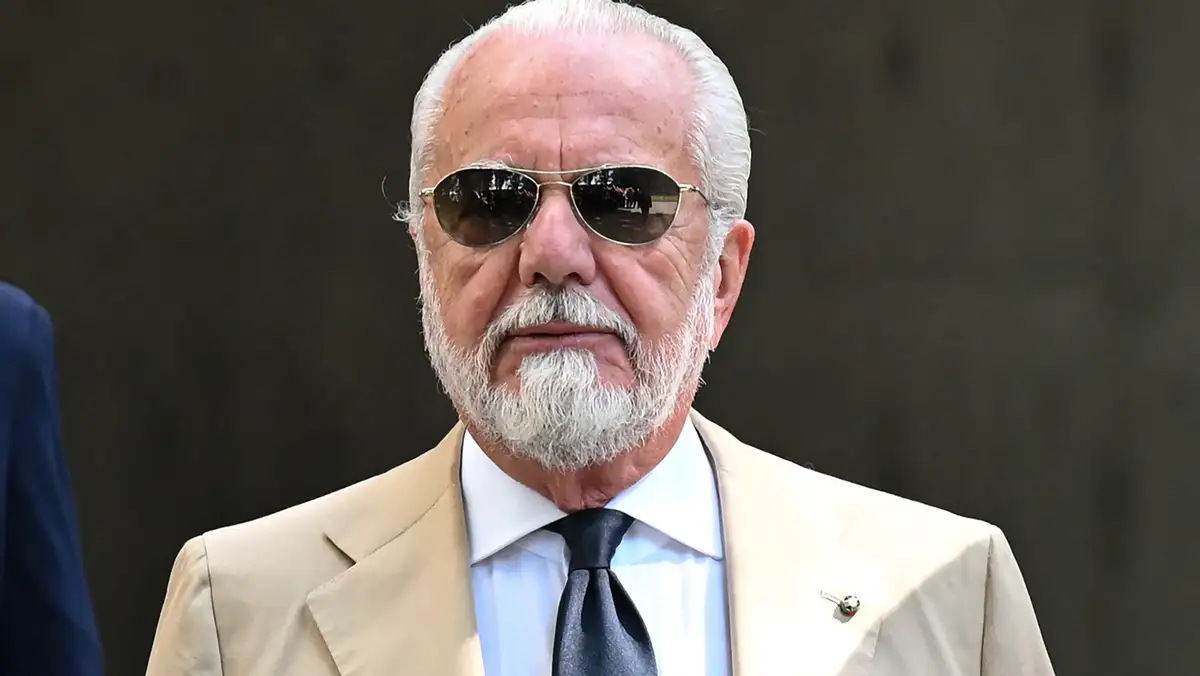
‘We Can’t Go On Like This’ – Napoli President Slams FIFA & UEFA Over Player Injuries on International Duty and Demands Extra Transfer Windows and Compensation
‘We Can’t Go On Like This’ – Napoli President Slams FIFA & UEFA Over Player Injuries on International Duty and Demands Extra Transfer Windows and Compensation
Napoli president Aurelio De Laurentiis has never been one to shy away from a microphone, but even by his usual standards, his latest tirade at FIFA and UEFA carries a sharper edge than normal. After yet another Napoli starter returned from international duty with a significant injury, the club’s outspoken owner declared that the system “cannot go on like this,” calling for structural changes to the international calendar, compensation mechanisms, and even emergency transfer windows for clubs whose players suffer injuries while representing their national teams.
It is a debate that has stretched across decades, flaring up every time a club loses a key player to an avoidable—or, as some argue, unnecessary—international fixture. But injuries to André-Frank Zambo Anguissa and Amir Rrahmani in the space of two months have turned Napoli into the poster club for the conflict that refuses to die down.
And this time, De Laurentiis wants the entire football world to hear him.
Anguissa Blow for Napoli
Napoli’s latest frustration arrived in the form of Zambo Anguissa’s hamstring injury during a Cameroon training session ahead of their World Cup qualifiers. For Antonio Conte—already navigating a tightly packed season—the news was a punch to the ribs. Anguissa has been one of Napoli’s most influential performers this season, scoring four goals and featuring in 10 of their opening 11 Serie A fixtures.
His absence, expected to last “months” according to early reports, is a damaging setback for a midfield that functions best when Anguissa is at full throttle. His ability to control transitions, break up play, and barrel forward with the ball has been at the heart of Napoli’s early-season success.
The injury comes just weeks after Amir Rrahmani experienced the same fate. The defender injured his hamstring while on duty with Kosovo in September—an issue that sidelined him until early November. Only recently did he return in Napoli’s win over Como.
Two starters lost to the same injury type, both on international duty, both unavailable for crucial domestic fixtures. It’s no surprise the club president has reached his breaking point.
Napoli Chief Blasts FIFA and UEFA
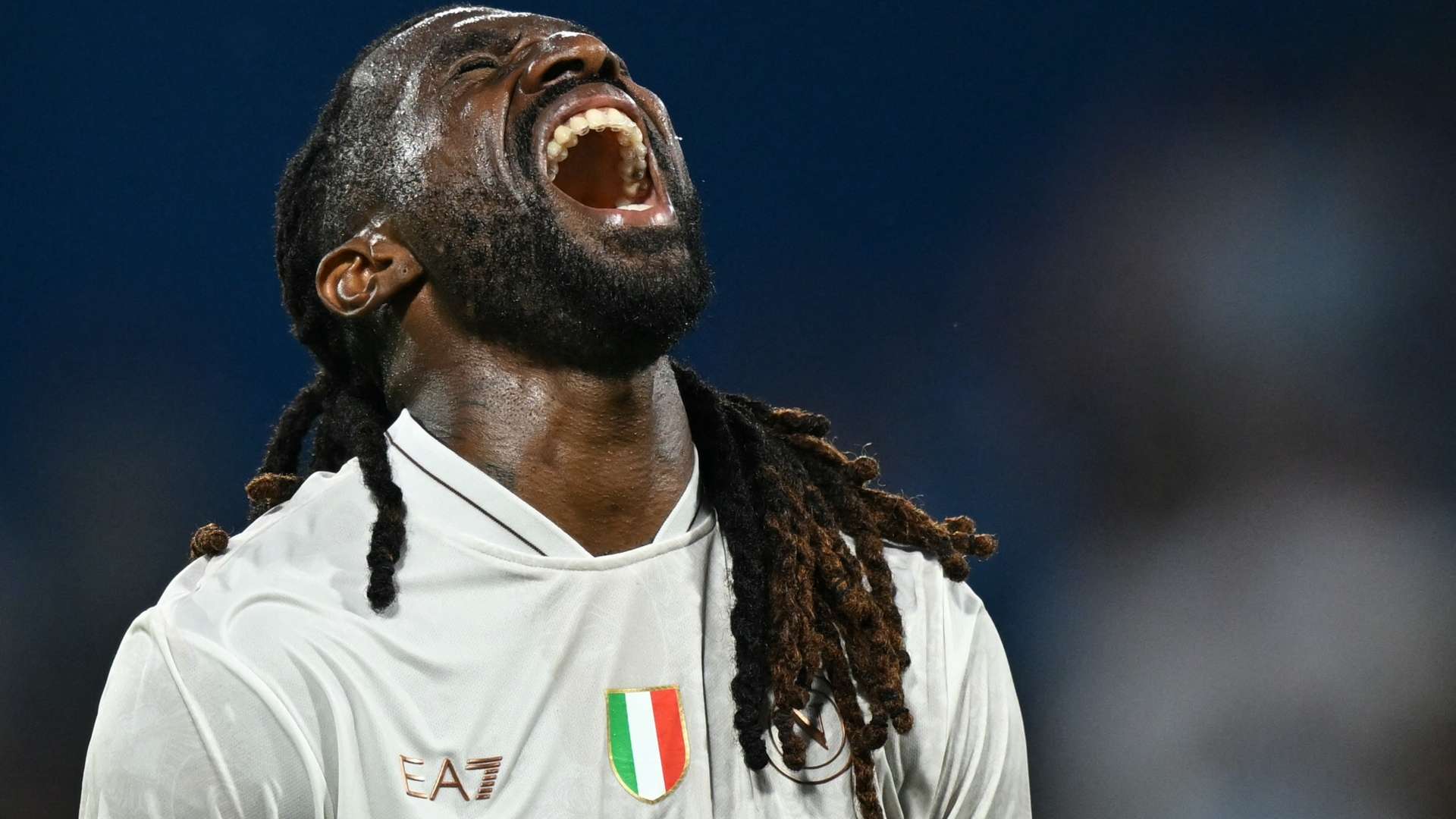
Anguissa Napoli
Speaking to Motore Italia, De Laurentiis made his frustration crystal clear.
“I loaned Rrahmani, and he came back in a wreck. Anguissa came back in a wreck. We can’t go on like this. When the championships are on, I have to get to the end without interruptions. We need fewer teams, fewer matches.”
There is nothing subtle in that message. To De Laurentiis, the current international calendar—and the volume of matches within it—represents a systemic failure that places an unfair burden on clubs.
He continued:
“Players earn a salary from their clubs, and clubs should be able to decide whether or not to send them to their national teams. If a player gets injured on international duty, a transfer window should be reopened and we should be compensated. But it seems FIFA and UEFA don’t care about national leagues.”
For decades, this tension has simmered between clubs, FIFA, and UEFA. Clubs pay the wages, invest in training, sports science, and recovery, only to see players sent around the world for matches they have no say in. FIFA’s injury compensation fund softens the blow, but to presidents like De Laurentiis, it doesn’t come close to addressing the core problem.
In his view, the game is oversaturated—too many matches, too many competitions, too little time for recovery. And until international football reforms its structure, clubs will bear the brunt of the fallout.
Yamal’s Injury Blow Created Tension Between Spain and Barça
Napoli aren’t the only ones dealing with international friction this month. Barcelona found themselves entangled in a similar dispute involving their teenage sensation Lamine Yamal.
Barcelona informed the Spanish FA that Yamal was dealing with muscular discomfort and required 7–10 days of rest. But the Royal Spanish Football Federation (RFEF) were openly perplexed by Barça’s communication—or lack thereof.
“This procedure was carried out without prior communication to the medical staff of the National Team,” the RFEF said in a statement, noting that they only learned about Yamal’s problem at 22:40 the night before camp began.
Though they ultimately released the forward from his call-up, the message was clear: Spain felt blindsided.
Spain coach Luis de la Fuente had earlier justified calling up Yamal because of his involvement with Barça in recent weeks, saying the youngster was in “perfect condition.” But with Yamal’s recurring fitness issues and Barça’s desire to protect their most promising young asset, the disconnect has fuelled fresh tension between the club and their national federation.
In many ways, the situation mirrors that of Napoli: big clubs feeling that federations disregard their medical input; federations insisting on their right to call up eligible players; players caught in the middle.
International Injuries Becoming a Global Flashpoint
Spain aren’t alone either. In France, PSG endured their own war of words with the French national team after Ousmane Dembélé suffered an injury with Les Bleus earlier this season. When another knock arrived in the Champions League, national coach Didier Deschamps opted not to call him up—perhaps a preventive measure, perhaps a subtle nod to club pressure.
Meanwhile, in England, Germany, Brazil, and across South America, similar debates unfold quietly—or loudly—every international window.
The fundamental issue remains unchanged: clubs bear the financial responsibility for players, but they do not control those players’ risk exposure during international camps. And with more international matches than ever before—expanded World Cups, Nations League tournaments, Olympic competitions, regional qualifiers—load management is impossible to maintain.
How Is It Going for Napoli?
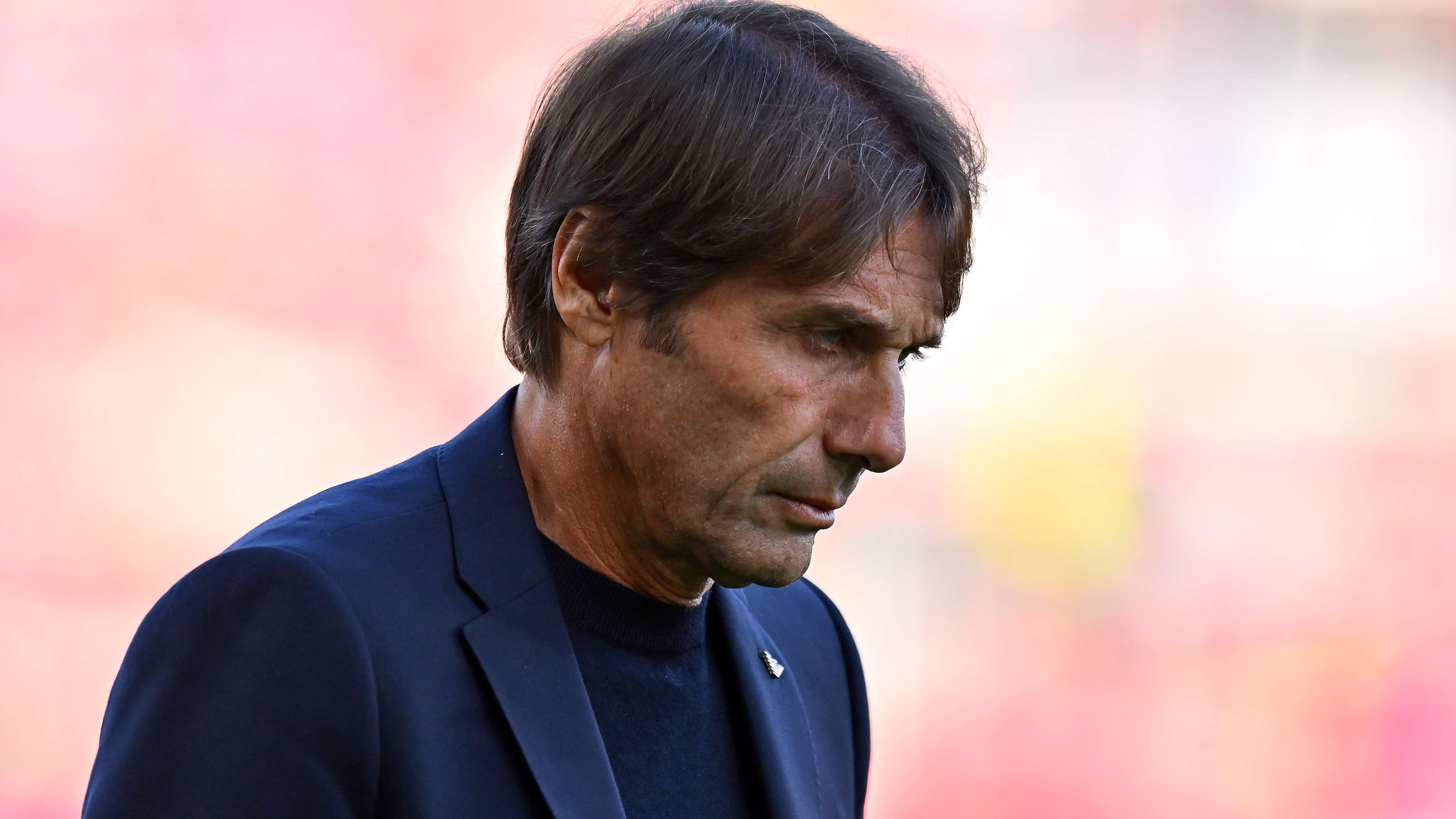
Bologna FC 1909 v SSC Napoli – Serie A
On the pitch, Napoli’s title defense has taken a wobble. After a promising start, Conte’s team have now gone two Serie A matches without a win. Their latest defeat, a frustrating loss to Bologna, saw Inter climb above them to take first place with 24 points from 11 games.
Napoli now sit fourth, still within touching distance but clearly affected by injuries and inconsistency. The timing of Anguissa’s absence could not be worse, with key fixtures piling up after the international break.
Their next challenge comes on November 22, when they host Atalanta in what already feels like a crucial clash in the early-season race for momentum.
Conte, known for his meticulous planning and insistence on physical intensity, will now have to adapt without one of his most dependable midfielders. And unless another solution emerges, Napoli might well enter winter with a scaled-back squad and growing fatigue.
The Bigger Picture: A Call for Reform
De Laurentiis’ comments, polarizing as they always are, tap into a sentiment felt far beyond Naples. Managers, fitness coaches, and executives across Europe repeatedly stress that the football calendar is becoming unsustainable.
Too many matches. Too many competitions. Too much travel. Too much pressure on elite players whose bodies are pushed to their limits year-round.
When De Laurentiis demands:
-
Fewer fixtures,
-
Compensation for injured players,
-
The right to refuse call-ups,
-
Emergency transfer windows,
he is speaking from the frustration of a club president watching millions of euros of investment risk being undone by overloaded schedules.
FIFA and UEFA, for their part, show little appetite for reducing match volume. Broadcast revenue continues to rise, tournaments continue to expand, and the appetite for global football consumption continues to skyrocket.
So the tug-of-war continues.
Conclusion: The Debate Isn’t Going Away
Napoli’s latest injuries have reignited one of football’s oldest and most contentious debates. And with more international matches coming than ever before—including an expanded World Cup and new regional formats—the strain on clubs is unlikely to lessen.
De Laurentiis may be fiery in his delivery, but his message resonates across Europe.
Football, at the elite level, is testing its limits. And unless structural changes arrive soon, the list of injured stars—and the list of angry club owners—will only grow longer.



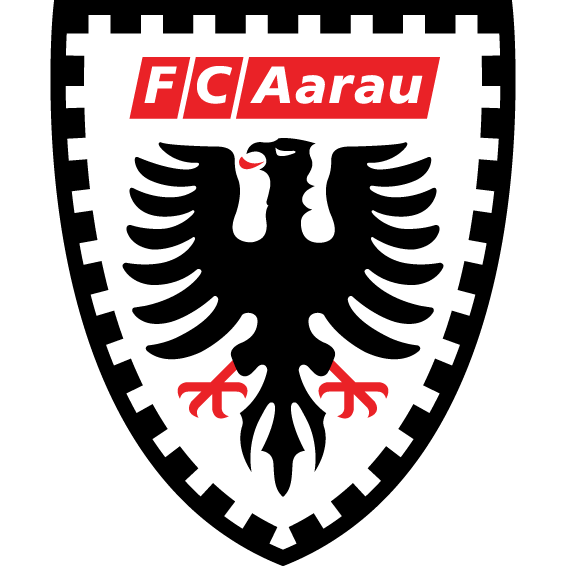
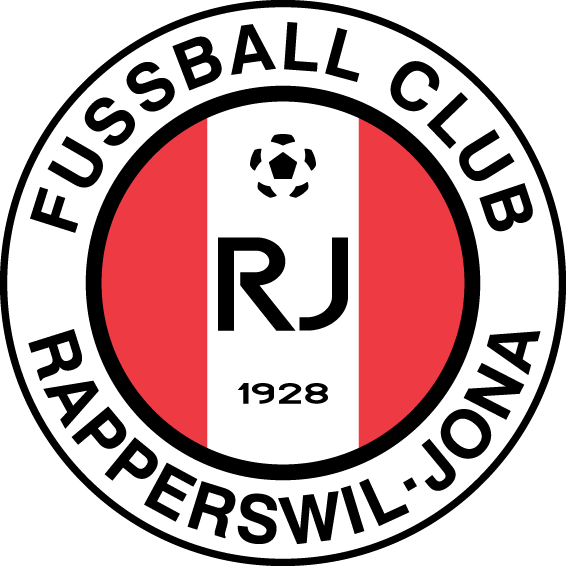
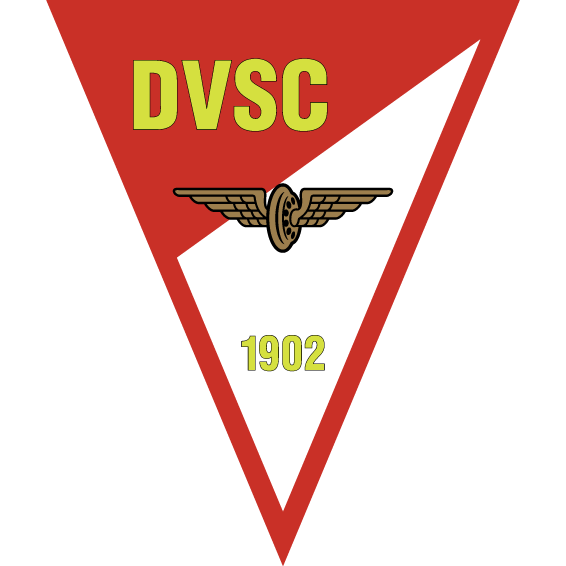
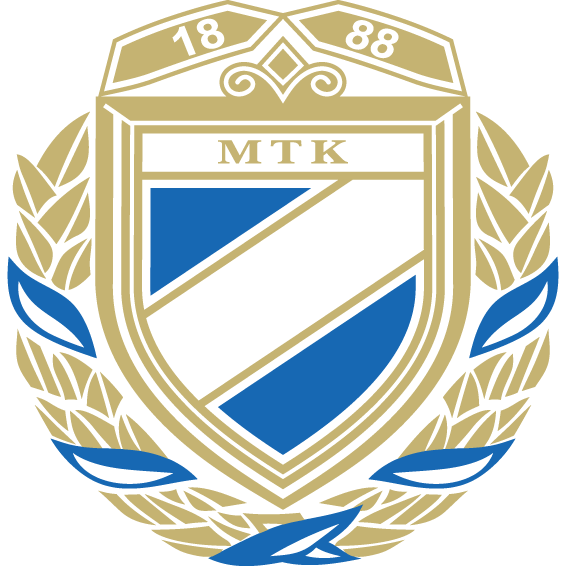
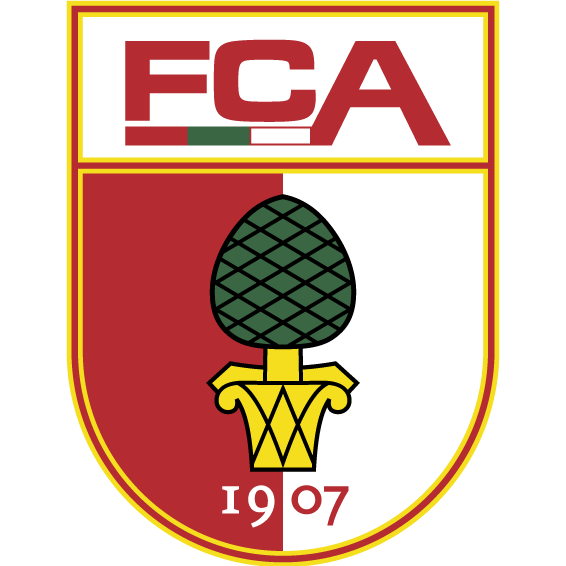
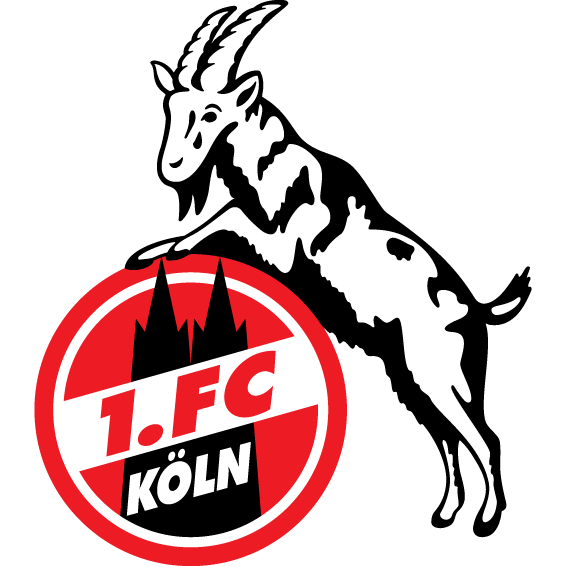




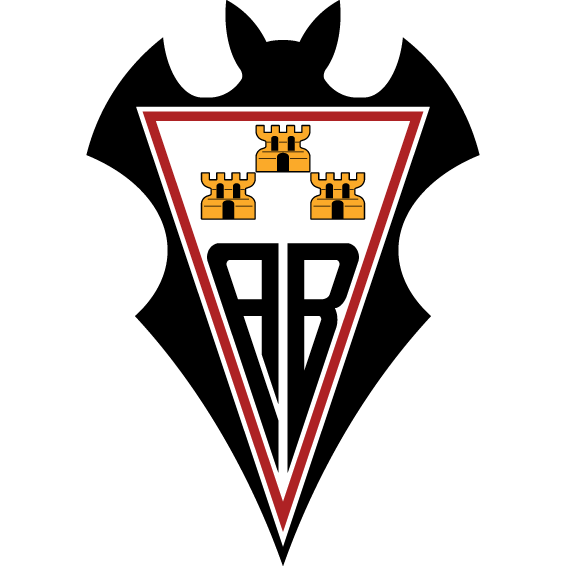
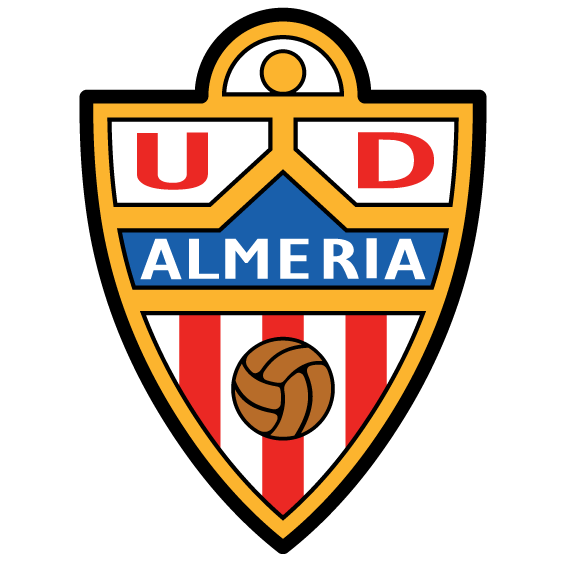
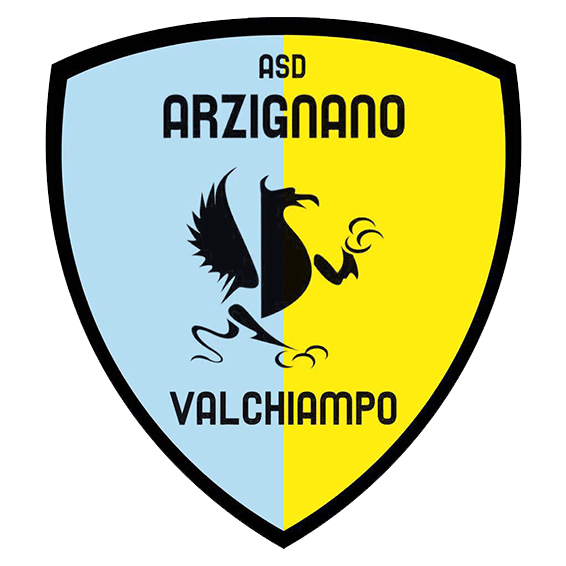
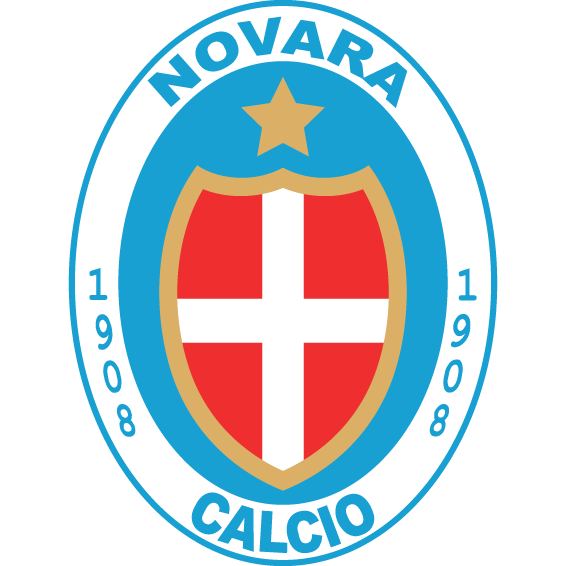


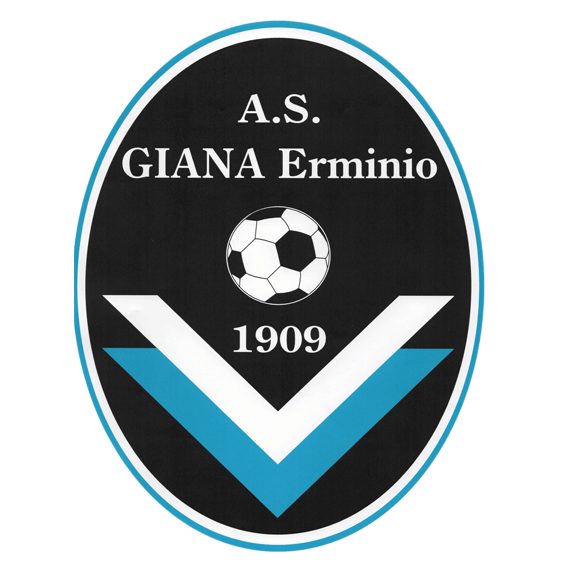
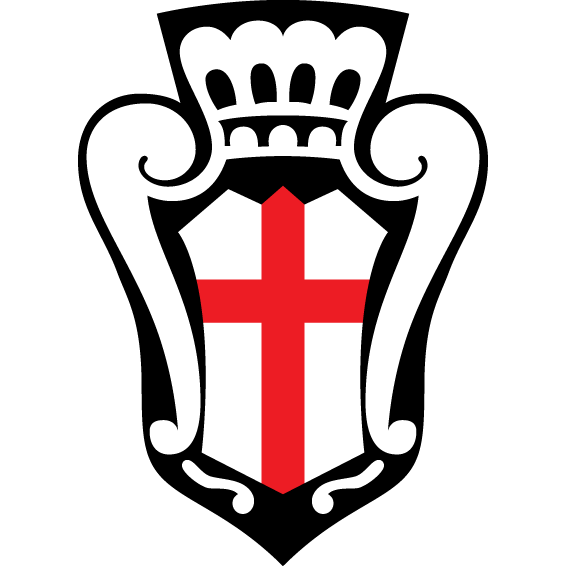
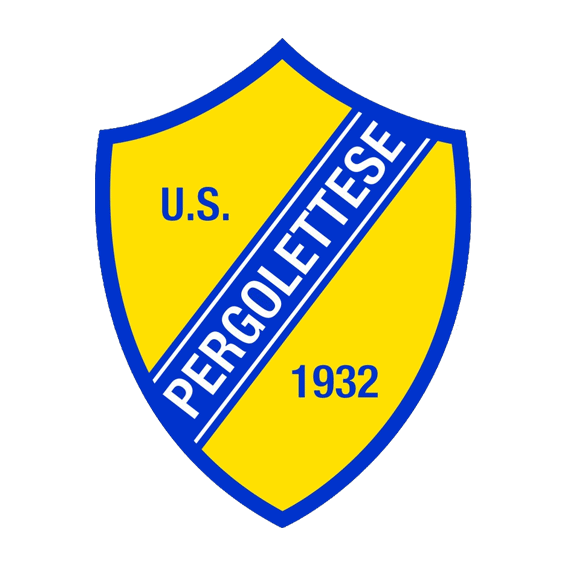
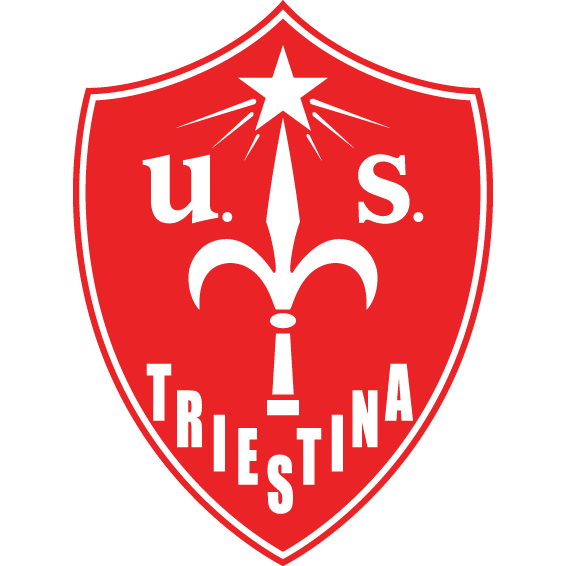
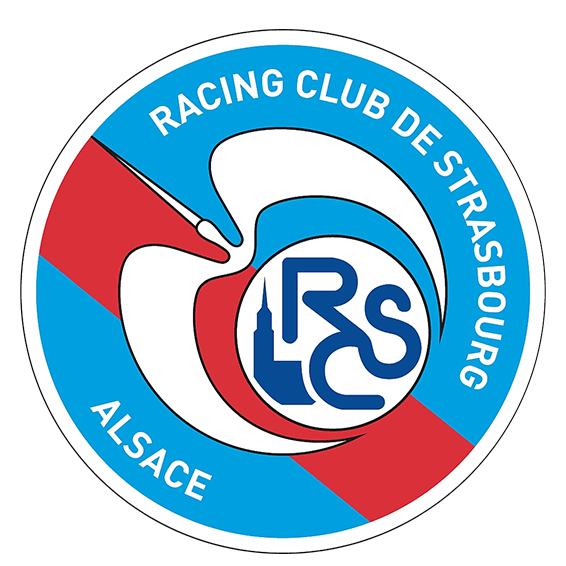

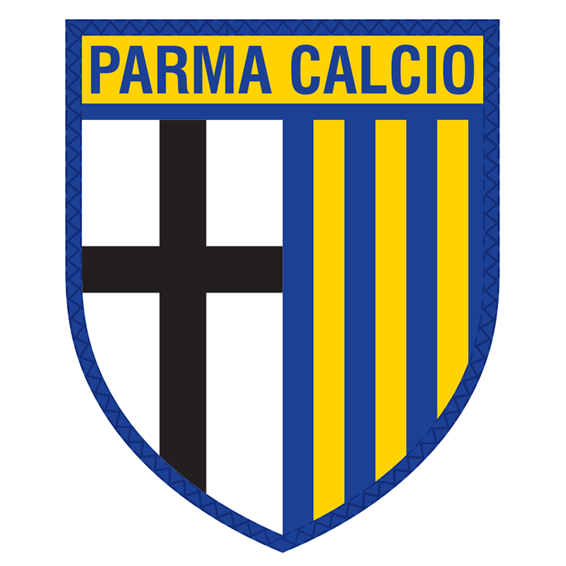
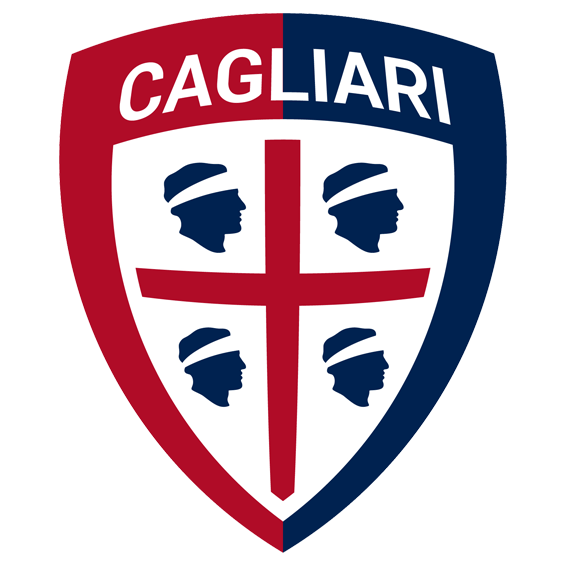
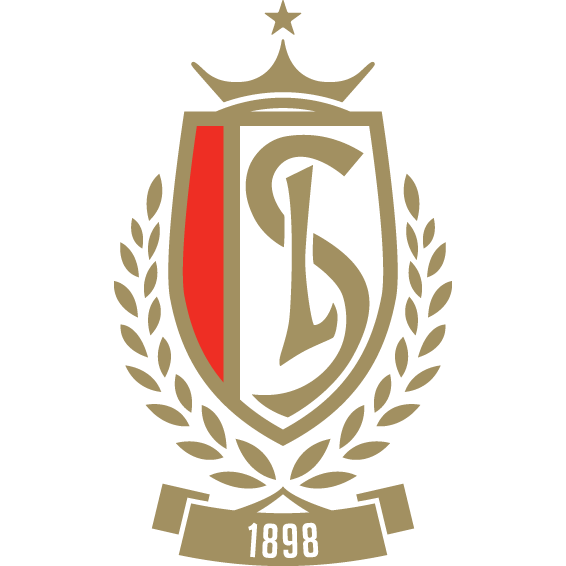





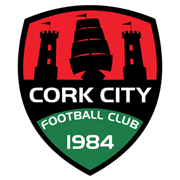
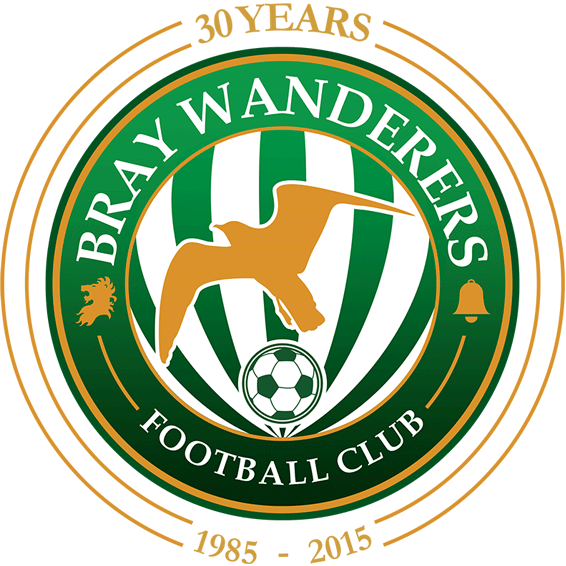



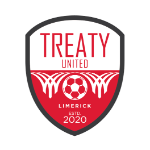

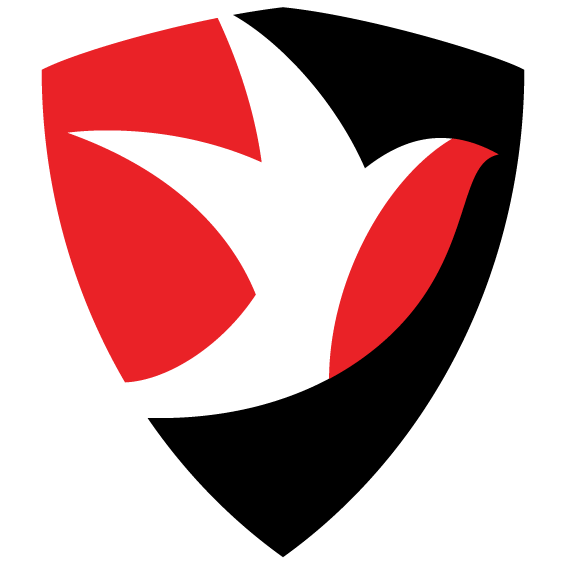


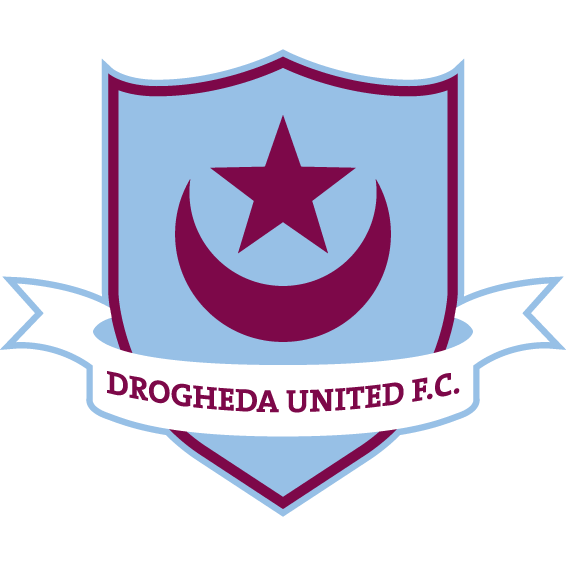
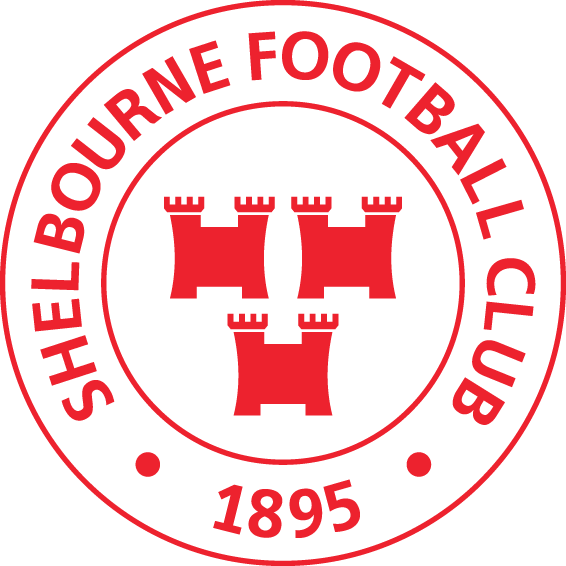
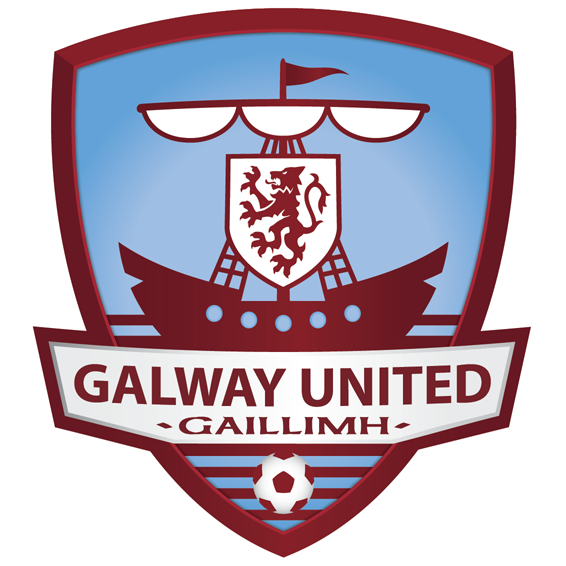

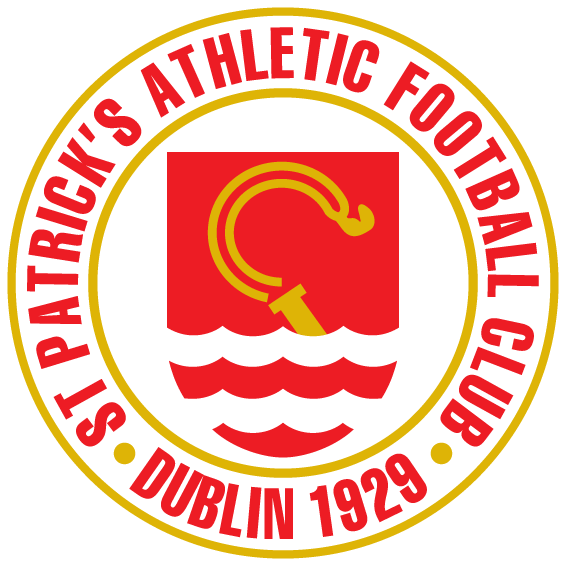
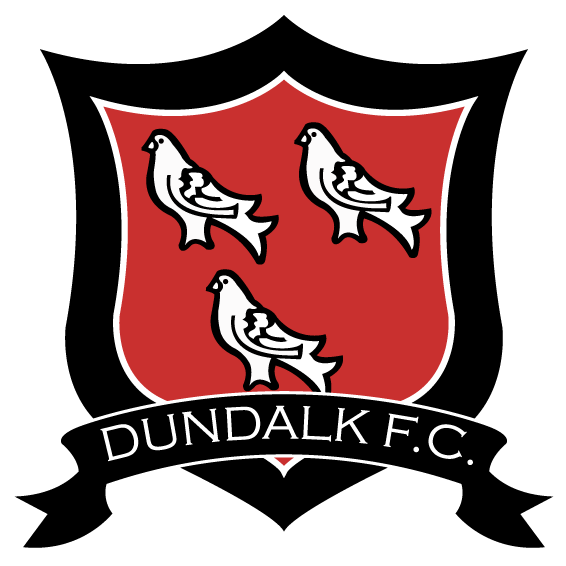



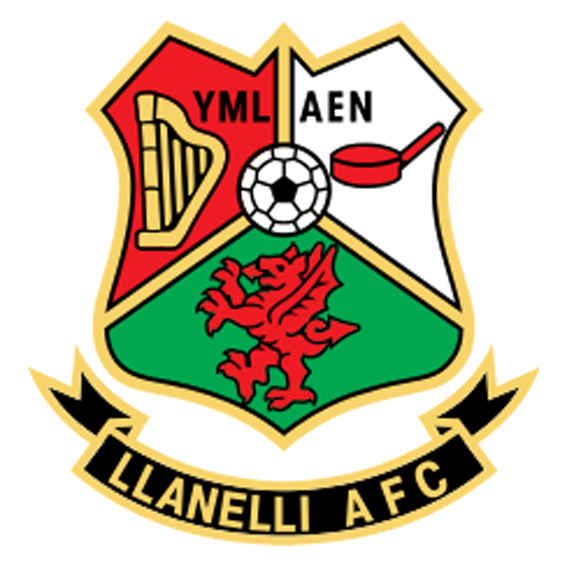


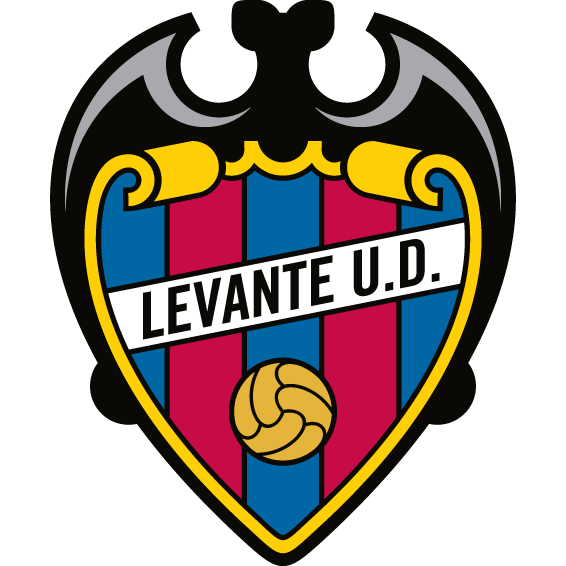
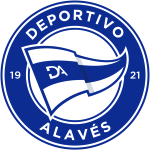

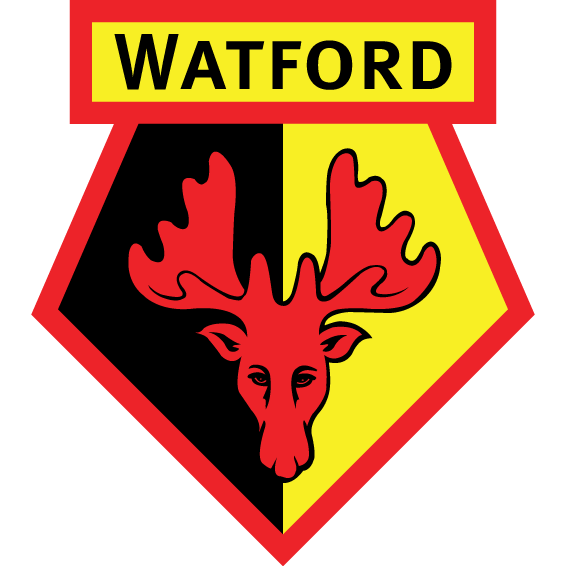


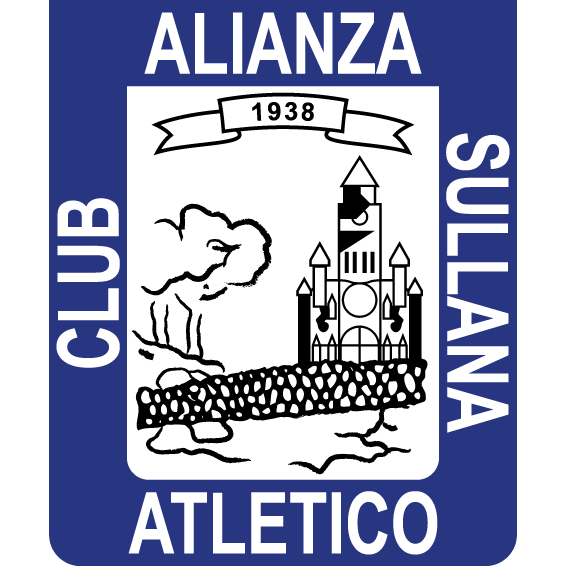
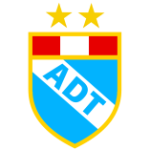
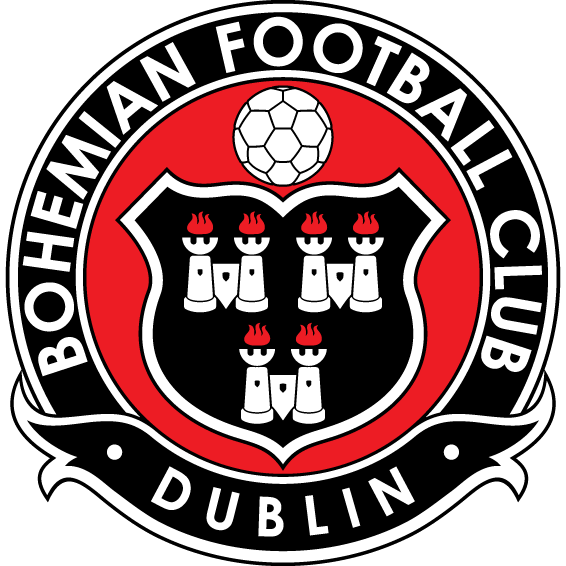

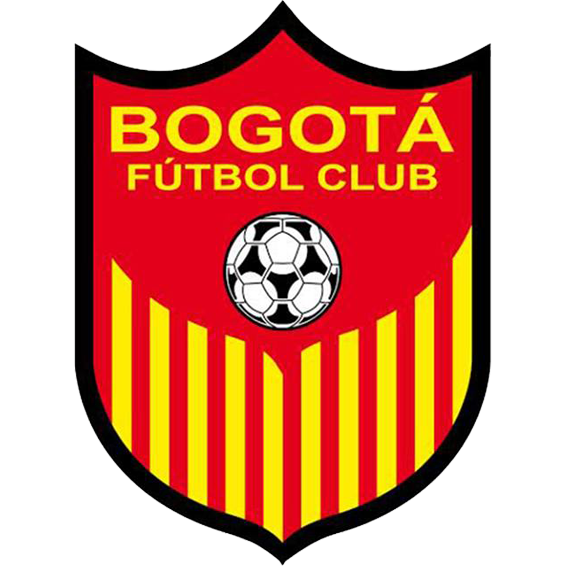
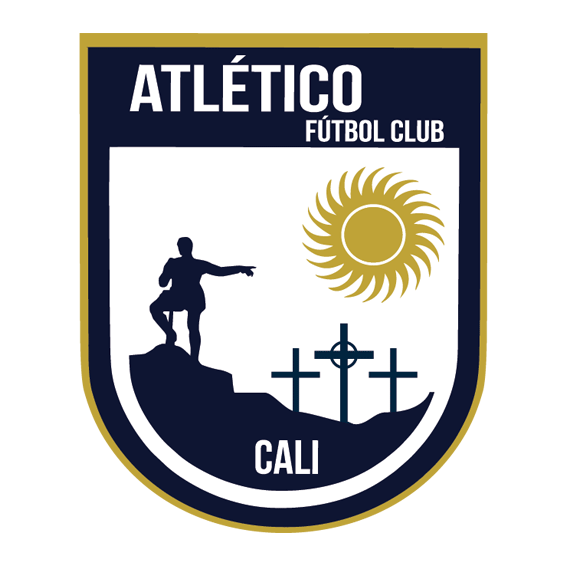


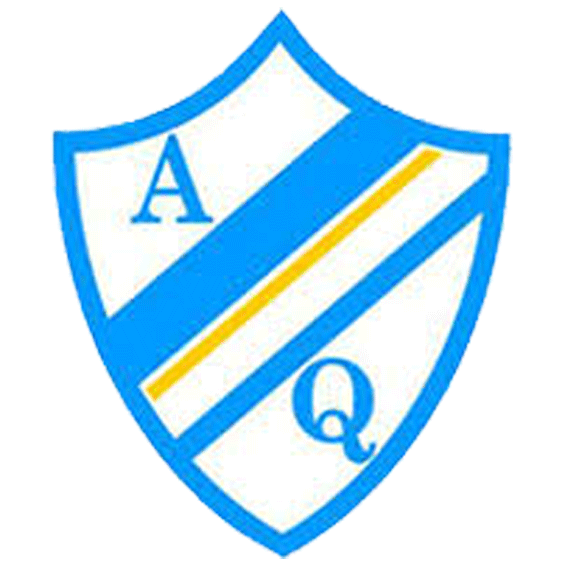
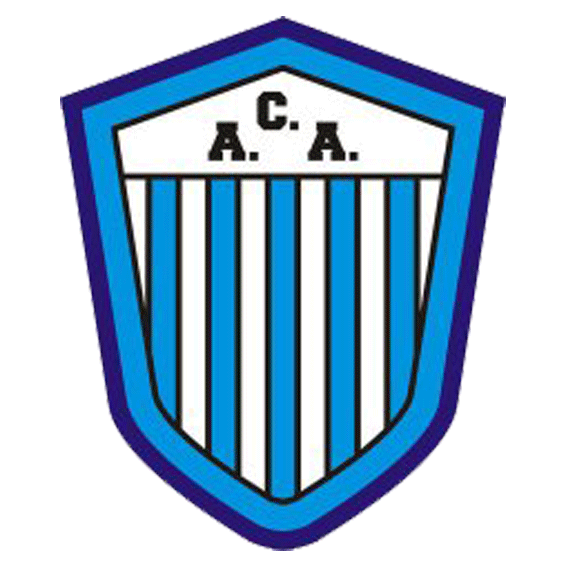

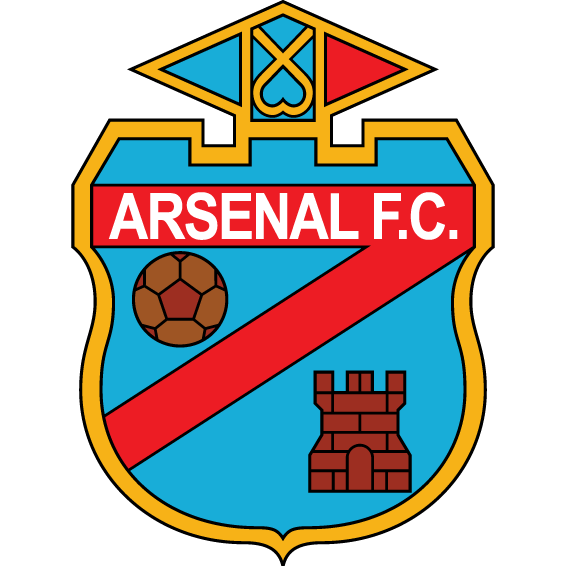
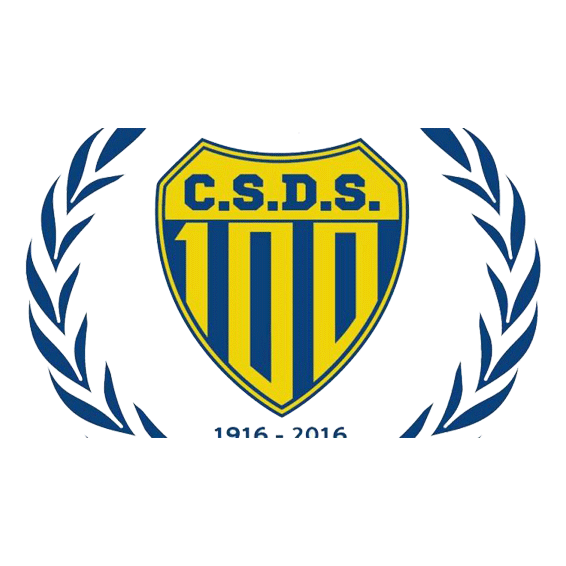

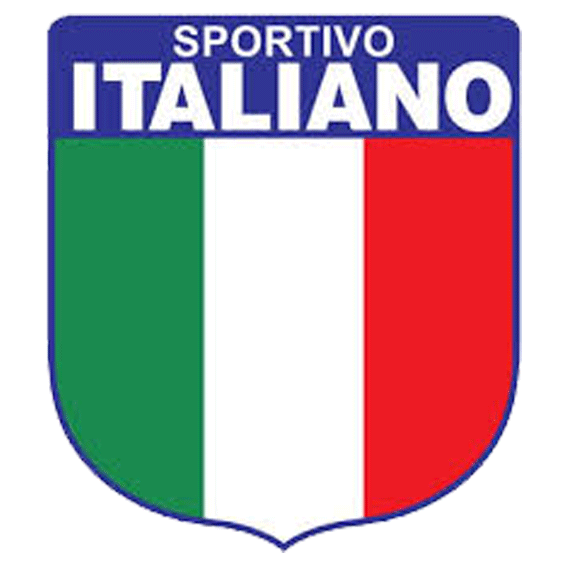


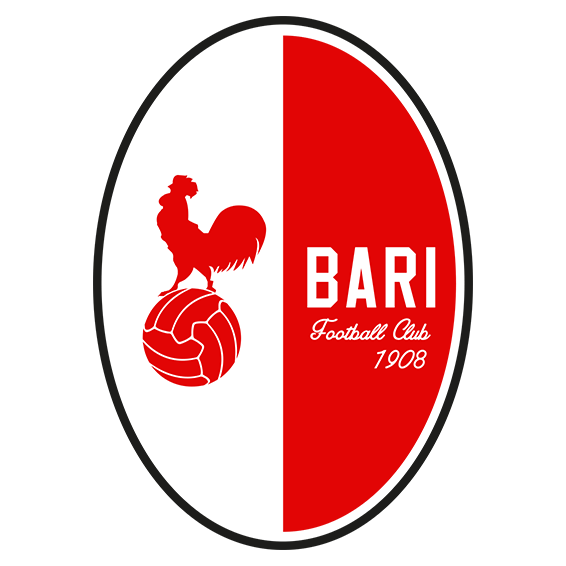
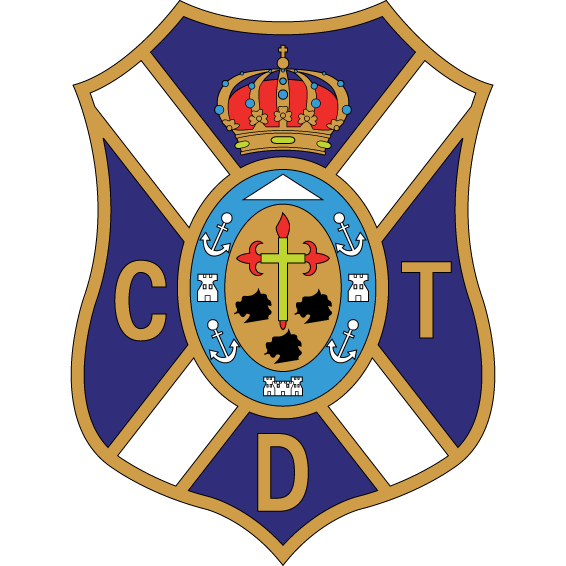


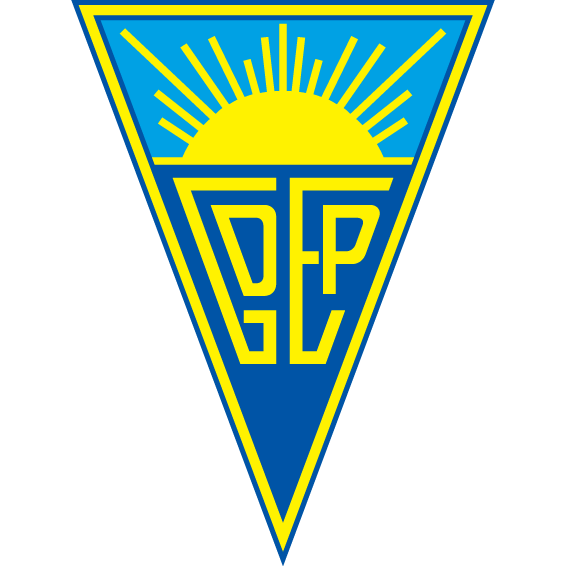
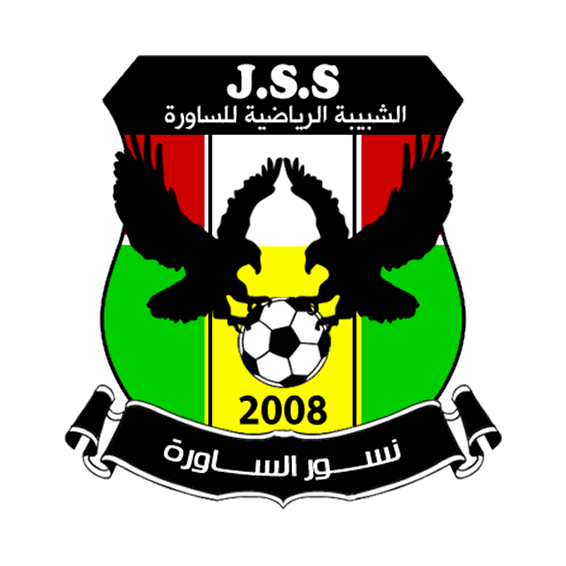

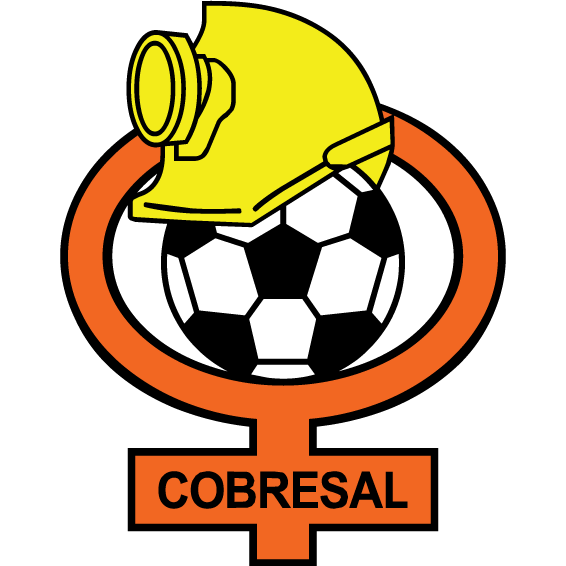
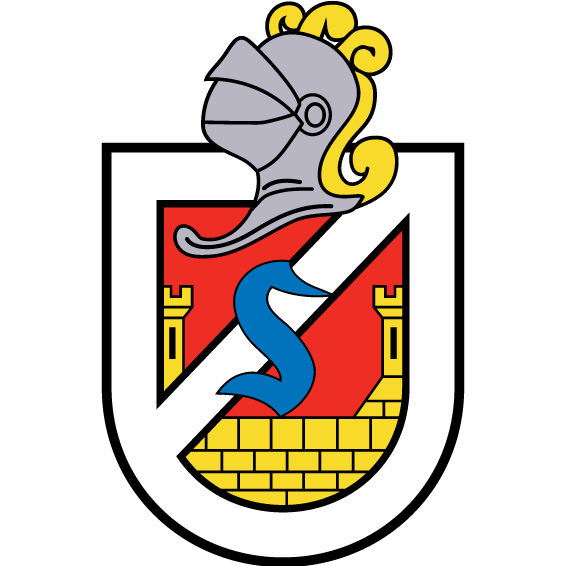

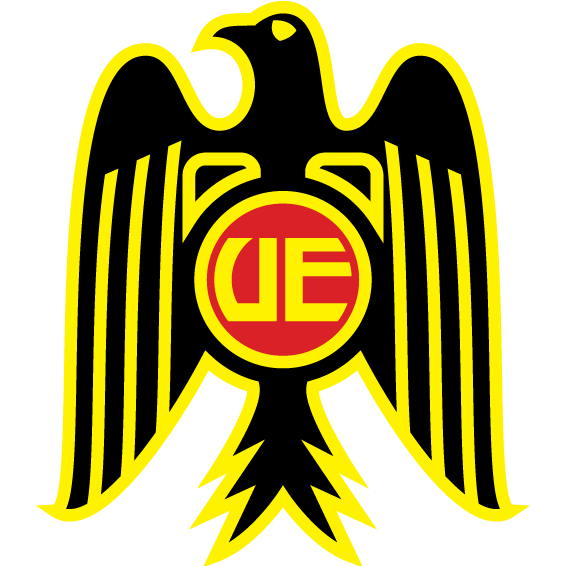




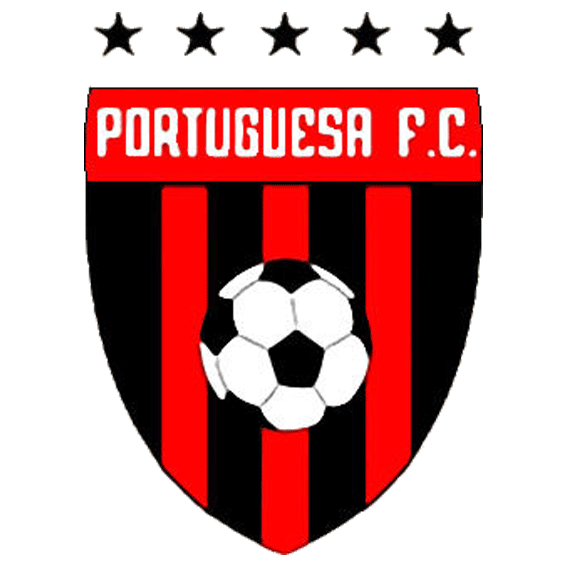

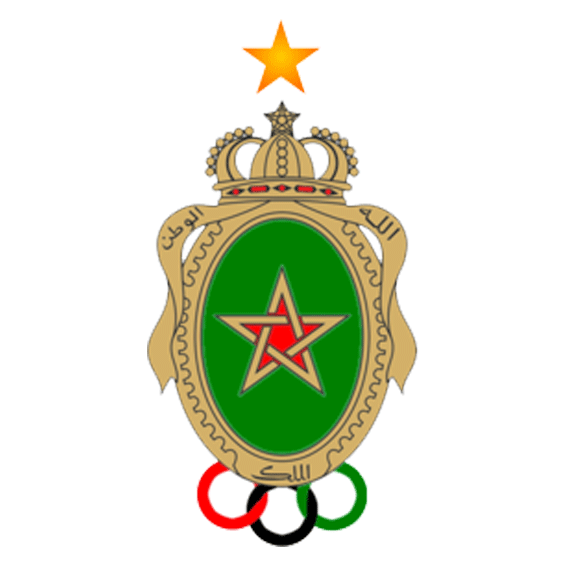
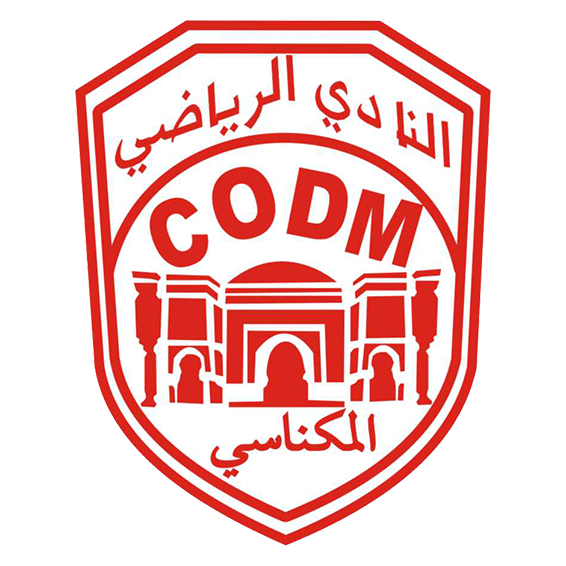

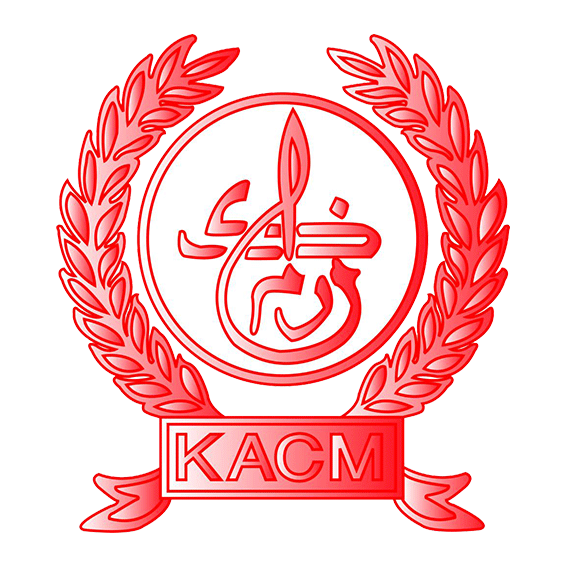


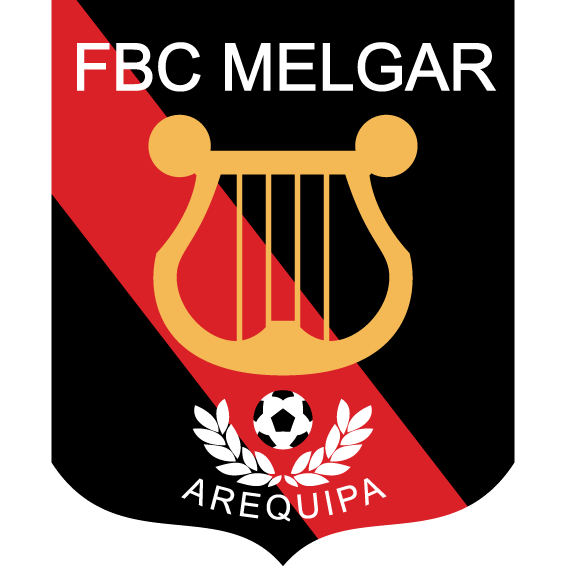



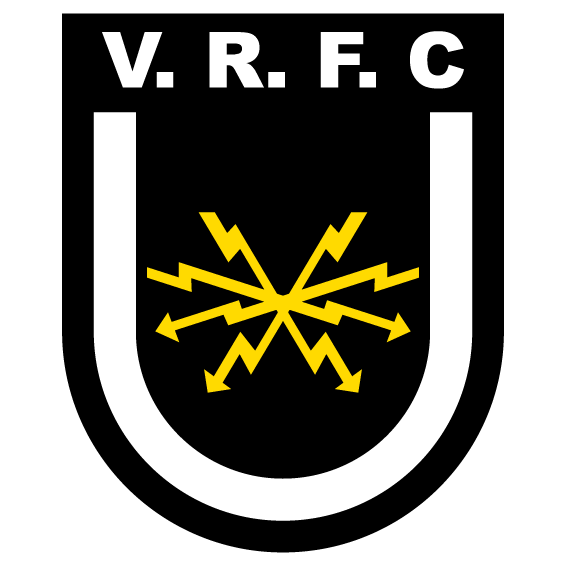
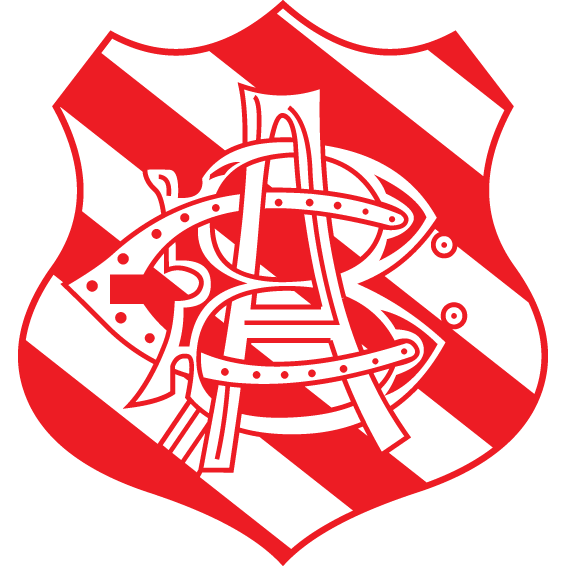

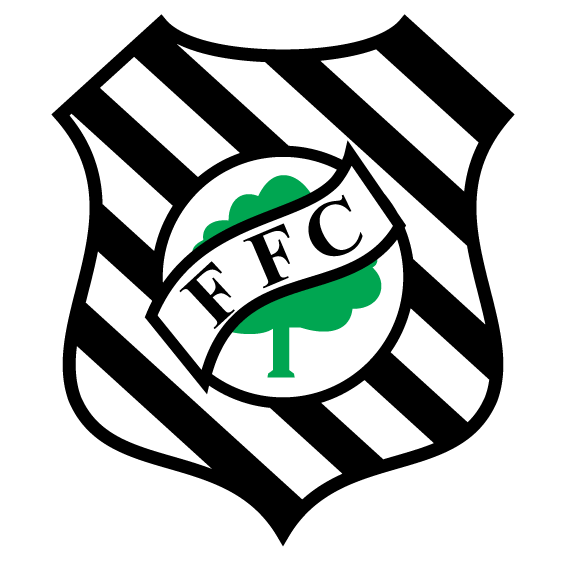






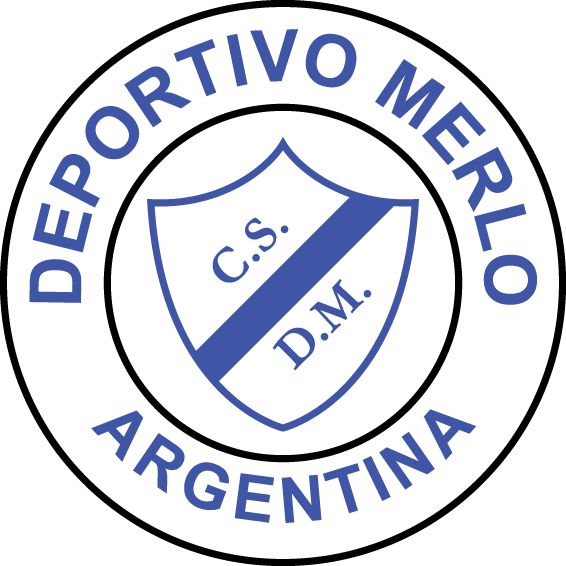
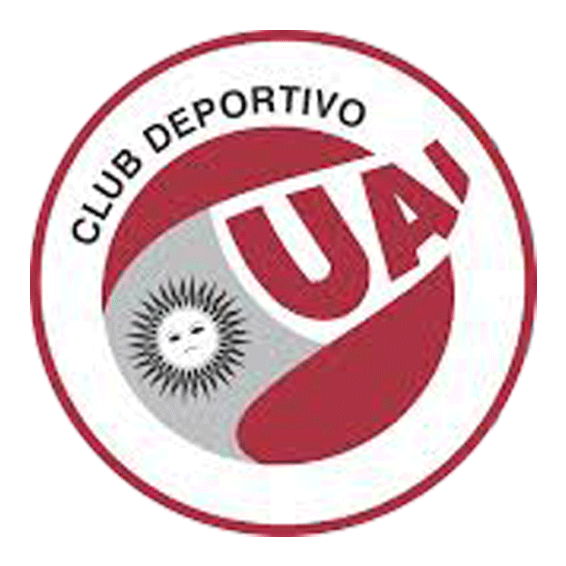




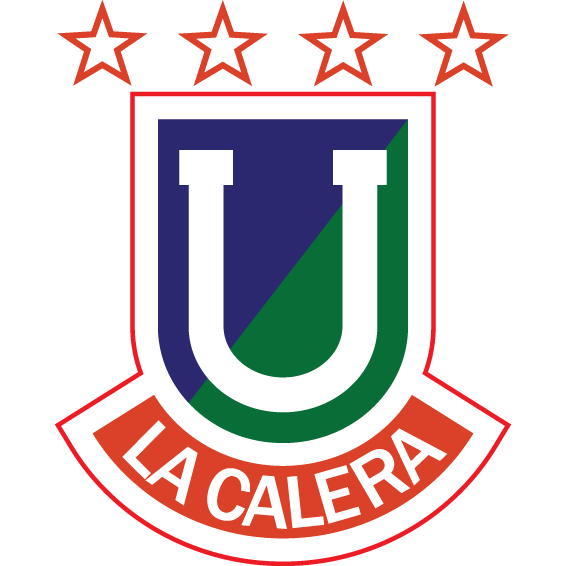
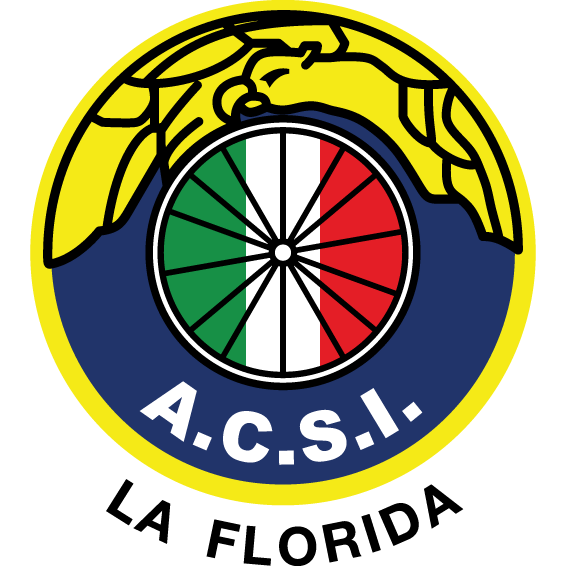























There are no comments yet. Be the first to comment!